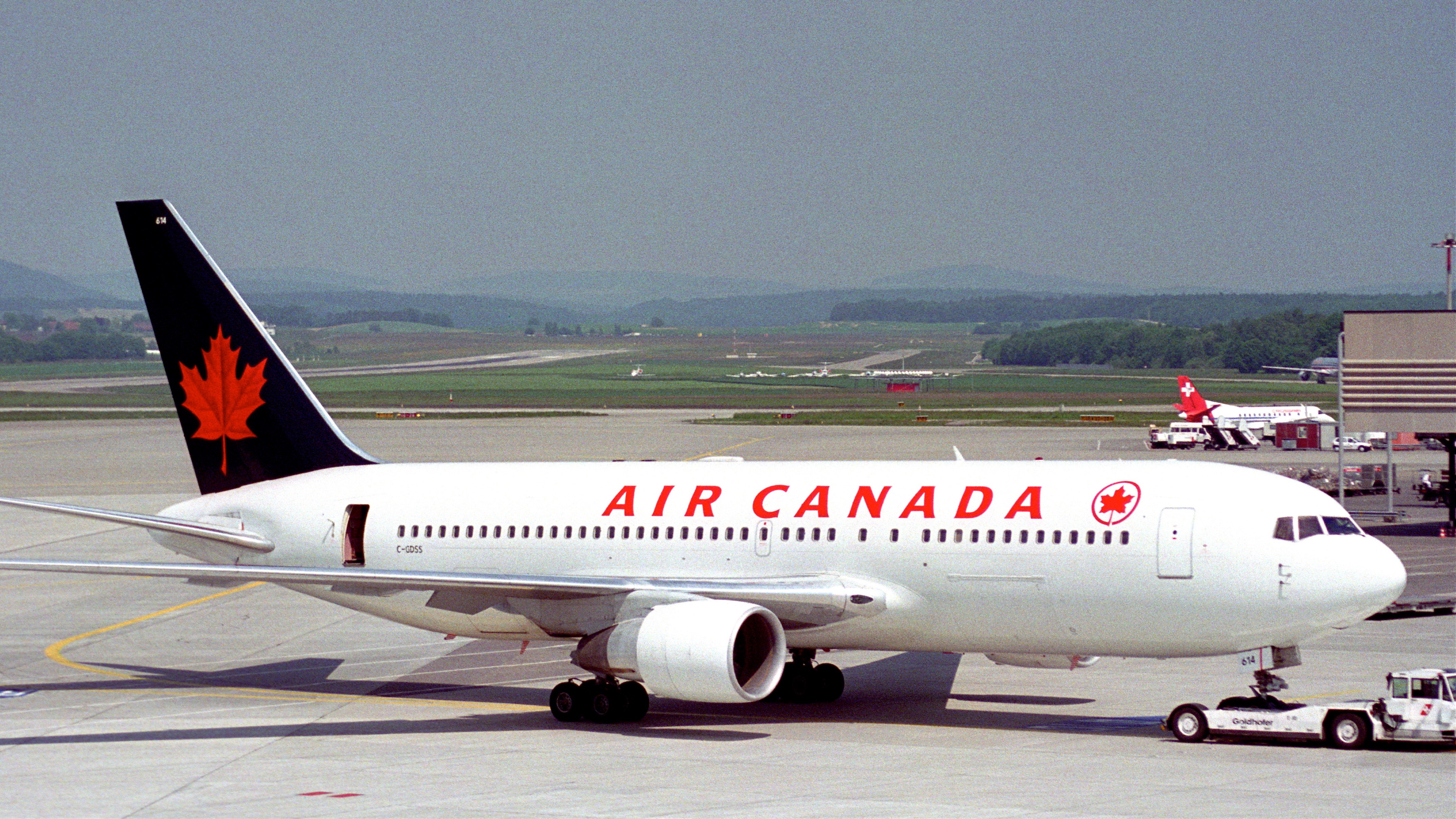Air Canada (TSX:AC)(TSX:AC.B) stock has remained surprisingly steady, as the broader market has encountered violent turbulence in the fall. Shares of Air Canada have been mostly flat in 2018, only reporting a marginal increase as of early afternoon trading on December 20.
Back in the summer, I’d discussed the economic red flags that were emerging in 2018. In that article, GDP growth was not expected to drop below 2% until 2020. Updated forecasts now project that Canada’s economy will struggle to meet 2% growth in 2019.
The trade war between the United States and China has also intensified, and Canada has been thrown into the mix with its arrest of Huawei executive Meng Wanzhou. Airline arrivals from China were up 12% in 2017 compared to the previous year. There is little risk of a broad retreat of Chinese investment like Canada saw with Saudi Arabia earlier this year, but a decline in tourism is likely as mainland China has stepped up its calls for the boycott of Canadian products.
Air Canada reported record system passenger revenues of $5.018 billion in the third quarter. This was driven by 7.5% traffic growth and a yield improvement of 3.4%. Passenger revenue per available seat mile (PRASM) also increased 4.2% year over year. Inflation in Canada inched down to 1.7% in November, but air transportation rose 9%.
The rout in oil has pushed down jet fuel prices, which will come as welcome news for an industry that has seen higher prices eat into profits for much of 2018. Adjusted CASM at Air Canada climbed 1.1% year over year compared to the 2-3% increase projected in Q2 2018. This was driven by higher fuel prices in the quarter. Operating expenses also increased $671 million or 17% from the prior year to $4.57 billion due to fuel price climb.
WTI crude has continued to drop precipitously as U.S. indexes have suffered a significant retreat in December. Refineries have responded by running plants harder, which has resulted in increased jet fuel production. The International Air Transport Association expects jet fuel prices to drop by about 7% in 2019. However, global airline fuel spend will still increase by 11% due to the delayed effect of hedging.
Should investors brace for turbulence in 2019?
The airline industry has historically been vulnerable during economic pullbacks. It took Air Canada stock nearly five years to pull out of the slump, which was sparked by the global financial crisis. The industry has evolved since then, but Canadian consumers are also under more pressure. Air Canada stock currently boasts an RSI of 44, indicating it is in neutral territory as we look ahead to the new year.
Air Canada shareholders have reaped the rewards as the airline industry has exploded over the past few years. However, economic headwinds and consumer pressure is enough to steer me away from Air Canada as a growth option in 2019.









